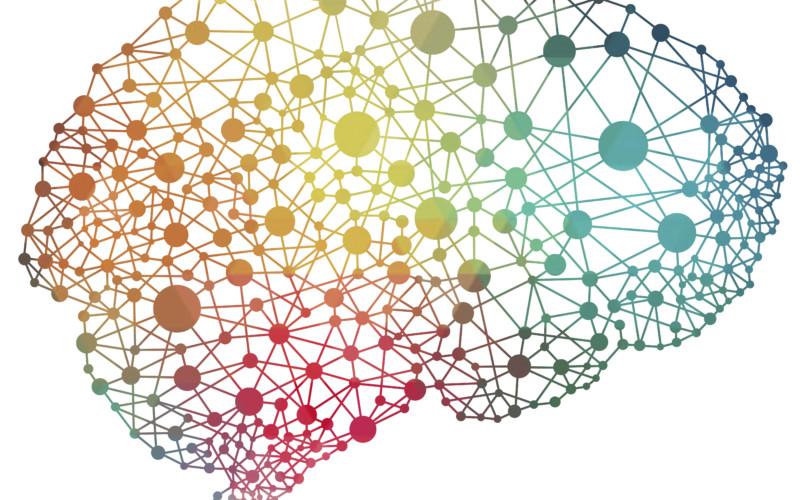Signs of a stroke? Act F-A-S-T

The most common kind of stroke is called ischemic stroke, caused by a blockage in an artery that feeds the brain. Typically, a blood vessel that provides blood to the brain tissue becomes blocked off, and brain tissue downstream from the blockage does not get vital nutrients that it needs and begins to die.
Imagine an irrigation system to crops that becomes blocked off. The crops that are downstream from the blockage will begin to wilt and eventually die. If the water is returned to the crops while they are merely wilting, they will spring back to life. However, if the crops die, watering them will make no difference. Similarly, with stroke, once the brain tissue dies, restoring flow to it will not bring the brain tissue back. Brain tissue, unlike plants, does not take long to die. Millions of brain cells are lost every minute. Therefore, it is extremely important to recognize the signs and symptoms of stroke, not only in yourself but those around you, so that treatment can be administered quickly.
So what are the symptoms? Think F-A-S-T:
- Face: Does one side of the face droop or feel numb? Ask the person to smile. Is the smile uneven?
- Arms: Ask the person to raise both arms. Is one arm numb or weak? Does one arm drift downward?
- Speech: Can the person speak? It speech slurred or hard to understand?
- Time: Every second counts in treating a stroke. Immediately call 9-1-1. Make note of the time so you can share when the symptoms appeared.
New treatments for ischemic stroke have made this disease quite treatable. Getting the patient to the hospital in time to receive these treatments has remained an obstacle.
We use a CT scan to take a picture of the brain to diagnose a stroke. Once we know a patient has an ischemic stroke, we can administer a clot-buster medication, as long as it’s four to five hours or less from the time symptoms occurred. We can treat the stroke with other vascular therapies within a six-hour window of time.
Sometimes, surgery is required to mechanically remove the clot. There are so many awesome interventions available to help stroke patients, but again, we are limited in what we can do by how soon the patient gets here.
Christiana Hospital has earned Comprehensive Stroke Certification, which means surgical intervention is readily available, 24/7. We have the staff, resources and expertise to manage complex strokes. Christiana Care is one of the highest volume health systems in caring for stroke patients. Each year, we treat more than 1,400 stroke patients. The majority of them — about 1,200 patient s— have had an ischemic stroke.
Preventing strokes is a priority. You can reduce risk of stroke by knowing your numbers and maintaining healthy levels in your blood pressure, blood glucose and cholesterol. Smoking also increases the odds of a stroke, so quitting smoking is an important way to lower your risk.
Even though the risk of stroke increases with age, older adults are not the only ones who have strokes. Young people can have strokes due to such factors as damage to the arteries in the neck.
If you think you are having a stroke, don’t delay thinking the symptoms will go away. Stroke is a medical emergency. Dial 9-1-1. If you arrive at the hospital and you haven’t had a stroke, we will evaluate you and send you home. If you have had a stroke, we will immediately begin treatment.